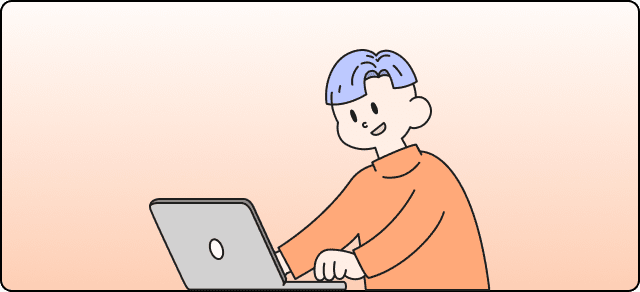“Gloomy” vs. “Down”: What’s the Difference?
 Engram
Engram
The difference between “gloomy” and “down”
- "Gloomy" specifically implies a sense of darkness and despair, while "down" can also encompass general sadness or discouragement.
- "Gloomy" often connotes a melancholy ambiance, while "down" refers more to an individual emotional state.
- Describing a day as "gloomy" implies a specific weather or lighting pattern, while describing oneself as "down" does not.
Communicate naturally with Engram AI proofreader
What is the definition of “gloomy” and “down”?
Gloomy
- Gloomy refers to a feeling of sadness or depression.
- It can also refer to a situation or setting that is dark, dreary, or dismal.
- Gloomy is often associated with a lack of hope or optimism.
Down
- Down typically refers to feeling sad, discouraged, or low in spirits.
- It can also refer to physical or mental exhaustion.
- Down can also mean moving or going towards a lower position or level.
Which is the more popular variant on the Internet?
“Down” is the more popular variant on the web.
Gloomy
36,600,000 results on the web
Examples
- The gloomy weather made it impossible for me to go out and play.
- After her pet died, she felt gloomy for days.
- The abandoned house on the street looked gloomy as the sun started to set.
More popular
Down
7,350,000,000 results on the web
Examples
- He felt down after failing his exam despite studying for weeks.
- Whenever Sarah is down, she listens to music to lift her mood up.
- I could sense something was weighing him down, but he refused to talk about it.
Want to express yourself confidently?
Engram AI proofreader helps you
communicate naturally
communicate naturally








